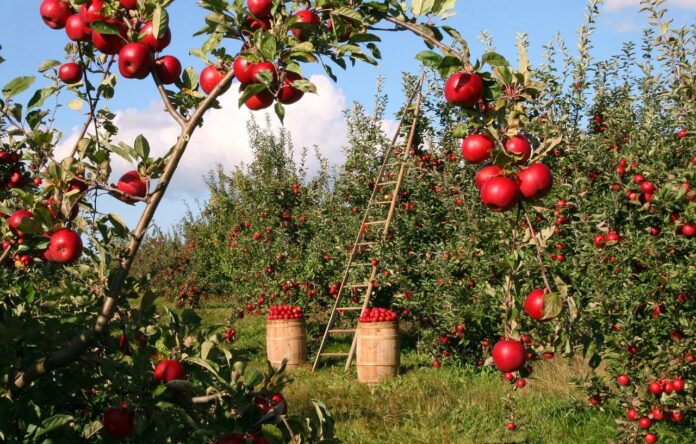The concept of sustainable eating is not just a trend; it’s a necessary shift in how we view our relationship with food. At its core, sustainable eating involves choosing foods that are healthful to our bodies and the environment. This connection between our plates and the planet is profound. The food production system, from farm to fork, accounts for up to 30% of global greenhouse gas emissions and is a major driver of deforestation, biodiversity loss, and water depletion. As the global population continues to grow, reaching an estimated 9.7 billion by 2050, the demand for food will inevitably rise, putting additional pressure on our already strained ecosystems. Understanding this connection is the first step towards making choices that can lead to a more sustainable future for both ourselves and the planet.
The Future of Food: How Changing Diets Will Shape Our Environment
The diets we adopt in the coming decades will significantly shape our environment. A shift towards plant-based diets is often cited as a key strategy for reducing the ecological footprint of our food system. For instance, if global dietary patterns shifted to align with the EAT-Lancet Commission’s recommendations—which include doubling the consumption of fruits, vegetables, nuts, and legumes, and halving meat and sugar intake—it could lead to a 50-80% reduction in greenhouse gas emissions from food production and a significant decrease in land use. However, the transition to such diets is not only a matter of individual choice but also one of policy, economics, and cultural change. The future of food will be determined by how effectively we can balance nutritional needs with environmental sustainability.
Modeling the Impact: Predictive Studies on Diet Shifts and Ecological Outcomes
Predictive studies play a crucial role in understanding the potential ecological outcomes of diet shifts. Researchers use various models to simulate how changes in dietary patterns could affect land use, water consumption, and greenhouse gas emissions. For example, a study published in the Proceedings of the National Academy of Sciences suggested that if Americans reduced their meat consumption by 50%, it would result in a 35-50% decrease in greenhouse gas emissions from the US food system. These models are essential for policymakers and stakeholders to make informed decisions about how to support sustainable food systems. They also help in identifying which dietary changes will have the most significant impact on reducing our ecological footprint.
Towards a Greener Diet: Strategies for Minimizing Our Ecological Footprint Through Nutrition Choices
Adopting a greener diet is a powerful strategy for minimizing our ecological footprint. This involves not only choosing more plant-based foods but also considering the sustainability of all food choices. For instance, consuming locally sourced, seasonal produce can reduce the carbon footprint associated with transportation. Reducing food waste is another critical aspect, as approximately one-third of all food produced globally is wasted, contributing to 8% of total global greenhouse gas emissions. Furthermore, supporting organic and regenerative farming practices can enhance soil health and biodiversity. Individuals can make a difference by educating themselves on the impact of their food choices and advocating for systemic changes that promote sustainable food systems.
The interplay between our diets and the ecological health of our planet is undeniable. As we look towards the future, it is clear that our food choices will play a pivotal role in shaping the environmental landscape. By understanding the impact of our current eating habits, embracing predictive studies, and implementing strategies for a greener diet, we can work towards a sustainable future where the plate and the planet exist in harmony. The choices we make at the dinner table today will resonate through ecosystems for generations to come, making it imperative that we choose wisely for the sake of our planet’s health and our own.
